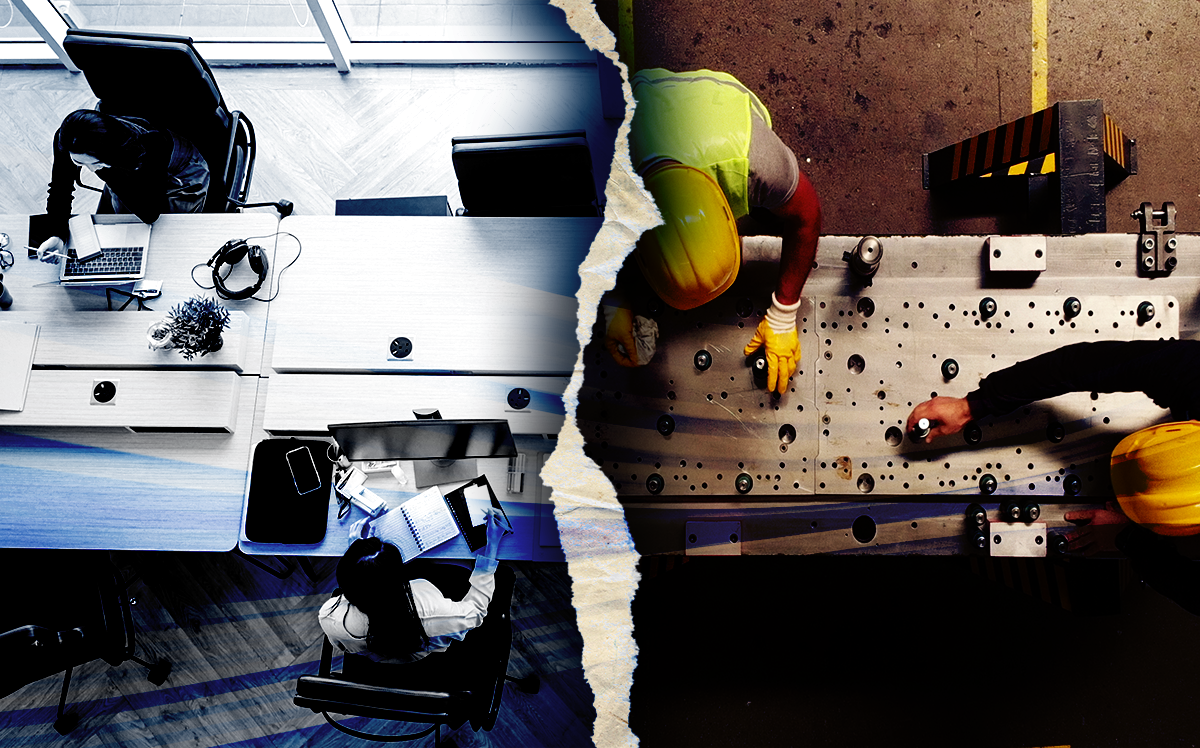Chicago leads the nation in converting offices for industrial space, followed by LA and Boston as pandemic-era demand for e-commerce surges, according to a report from Newmark.
About 3 million square feet has been converted in the midwestern city in the past three years, compared with 2.1 million in LA, 1.7 million in Boston and 1.5 million in both New Jersey and California’s Orange County, Newmark said. Across the nation, at least 45 properties totaling 11.3 million square feet have been repurposed or are in the process of doing so.
As work-from-home becomes the norm, office vacancy rates are rising, leaving buildings prime targets for logistic firms seeking to expand. Chicago office vacancies rose to 17.9 percent in the third quarter from the previous three months, more than triple the 4.4 percent rate for industrial space. “The main drivers are the record-high demand for industrial space, the diminishing availability of land and the rising vacancy rate in suburban office properties,” said Amy Binstein, Newmark’s Chicago research manager.
In major metropolitan areas, office vacancy rates were between 10 and 18 percentage points higher than warehouses as of the third quarter, according to Newmark.
Older suburban assets within four miles of a major highway are most likely to be targeted for conversions. On average, redeveloped buildings in Chicago were built about 40 years ago, sit on about 25 acres of land and are about 2.5 miles from an interstate. In LA and Boston, they date to about the same age and are between 1 and 4.2 miles from major highways.
In the most recent Chicago deal, Allstate sold its 1.9 million-square-foot suburban Northbrook headquarters to Dermody Properties for $232 million. The Nevada developer plans to replace the insurer’s home of 50 years with warehouses.
Challenges remain, including community opposition, zoning restrictions, rising development costs and competition from developers seeking to turn obsolete office buildings into multi-family residential housing or life science buildings.
“The largest challenge for this type of conversion or land re-use is local governments and municipalities that may be hesitant to industrial development,” said Michael Prost, a senior managing director at Newmark.
